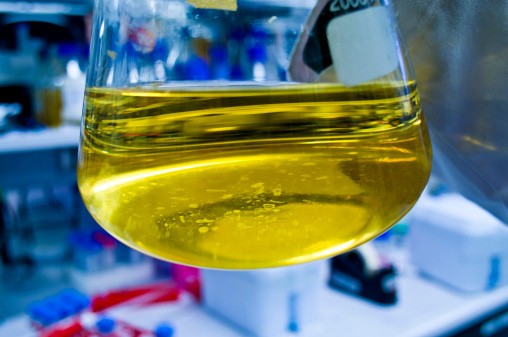
Urination therapy is an alternative medicine treatment that involves using human urine for medical purposes, and no research proves any kind of proof concerning its claimed benefits.
What Is in Urine?
Urine is liquid refuse that the body does not need, consisting only of fluid and waste products. As the kidneys act as a filter in our body system, they purify circulating blood by regulating excess water and cellular by-products. It is then excreted from the kidneys to the bladder via the ureters as urine.
Water constitutes the biggest amount in the urine, about 91 to 96 percent. In other parts, there are other solutes, such as urea, which is generally considered waste from metabolism when proteins are broken down, and creatinine, the waste product of the metabolism of muscle and protein. There are also small traces of salts and proteins among the other ingredients.
Urea is an organic compound naturally present in protein metabolism, non-poisonous, and since it works as a good moisturizer, it is featured in urea-based formulations into lotions to soften skin and nails and improve their barrier function.
However, while the urea is present in urine, its concentration is just too low at 2% to be of any therapeutic benefit. There are in fact over 3,000 different compounds which have been detected in urine.
READ ALSO : Human Urine a Safe, Natural Alternative to Artificial Fertilizers to Help Feed Growing Population
Is it Safe to Drink Urine?
Also known as urophagia or urotherapy, urine therapy has been continuously in use since millennia and still persists in some parts of the world to this day. The basic idea behind that ancient practice lay in the notion that a person could be brought to good health or healed from certain ailments by drinking, bathing in, or applying urine.
Ancient Roman, Greek, and Egyptian reports appear to chronicle the treatment for acne through to cancer. In the past, doctors even diagnosed diabetes by tasting a person's urine. Nowadays, the proponents of urine therapy make equally far-reaching claims about the curative properties of urine.
A little of your urine will not hurt you. But surely, it's less harmless than a glass of water. There really aren't that many routes out of the body through which waste products are eliminated, so they are flushed out effectively in urine, feces, and sweat.
It can obviously contain environmental toxins and other substances your body has struggled hard to eliminate. We also know that some medications are excreted into the urine, so drinking urine can build up poisonous levels of the drugs in the body.
In most instances, only very low levels of bacteria are excreted in urine. It was considered that it might be just sterile, though myth. Sterile means being completely clean and free from dirt and bacteria.
Even drinking urine in a survival situation is not helpfully touted, as most people would say it should be. Sure, it kind of makes sense to return fluid to your system, but on the other side, there may be re-introduced salts that are already excreted and no longer helpful toward hydration.
The U.S. Army Field Manual even goes so far as to instruct soldiers not to drink their urine in an extreme survival situation. You're not going to be making much urine anyway as water starvation sets in; thus, this fluid is unlikely to be something that you will be drinking.
There are none of the scientifically supported benefits of urine therapies. If you need some particular treatment, it would be much better to discuss that with your doctor, not to turn to some urine-based panacea.
RELATED ARTICLE : Engineers Create Stillsuit That Turns Urine and Sweat Into Drinkable Water; How Can It Preserve and Recycle Moisture From Human Body?
Check out more news and information on Urine in Science Times.
© 2026 ScienceTimes.com All rights reserved. Do not reproduce without permission. The window to the world of Science Times.










